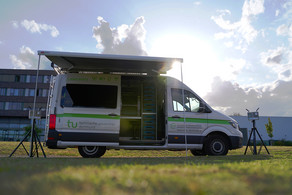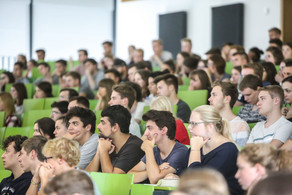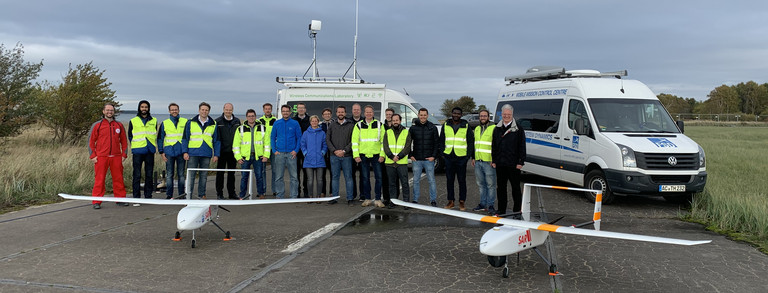InVerSiV project successfully concluded in final demonstration
- News
- InVerSiV
While the topic of highly automated driving on motorways is already relatively well advanced, the InVerSiV project addressed the special challenges of assisted, semi-automated and highly automated driving in the complex environment of megacities. In this context, the chances of a comprehensive networking of the growing sensor technology in vehicles and in the road-side infrastructure, which are equipped with sensors for environment recognition, were used. In combination with information from local/global centers, a much more comprehensive picture of the environment and the driving situation could be created in comparison with purely vehicle-based sensor technology. On the one hand, the complexity of a megacity became manageable for automated driving in the future, on the other hand, dangers for road users in the megacity who are not equipped with their own sensors (motor vehicles, pedestrians and cyclists) could be detected at an early stage and appropriate reactions could be derived.
The three participating research facilities of the Faculty of Electrical Engineering and Information Technology at the TU Dortmund University: the Control Theory and Systems Engineering Institute, the On-Board Systems Lab, and the Communication Networks Institute (CNI), have contributed their know-how in camera-based object recognition, electromagnetic emission measurement methods and vehicle-to-vehicle and vehicle-to-infrastructure communication to the InVerSiV project.
After a three-year project period, the results of the InVerSiV project were successfully presented to a specialist audience in real road traffic on 19.06.2019 at an intersection in the Technology Centre.






